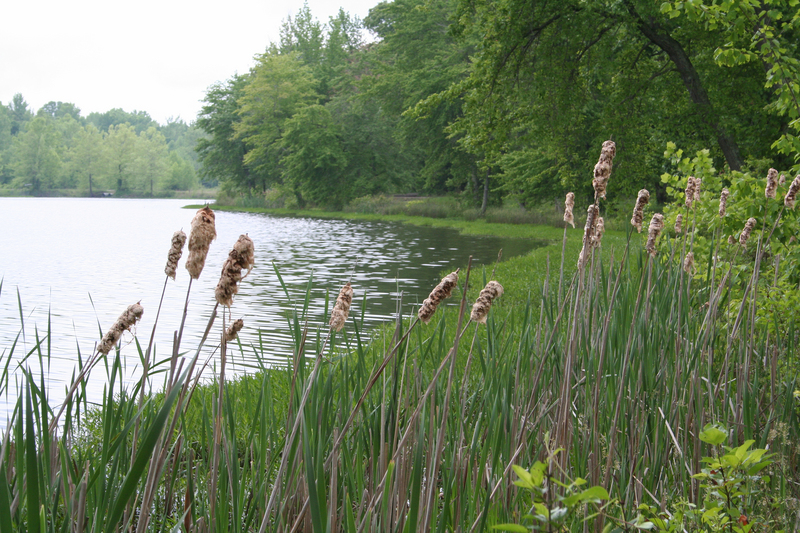The Public Comment Period for the proposed amendments to the New Jersey Freshwater Wetland Protection Act which was set to close on November 2, 2007 will be extended by the New Jersey Department of Environmental Protection (NJDEP) until January 2, 2008.
There are going to be significant changes to the Freshwater Wetlands Protection Act that will result in less flexibility and predictability in developing sites and increased costs in preparing and obtaining Wetland Permits. Some of the significant changes include the following:
Municipalities would have the authority to require a Letter of Interpretation (LOI) from the builder/developer, while under the current rules; such action is preempted by the Freshwater Wetlands Protection Act. Since preemption is stipulated in the Freshwater Wetlands Protection Act, this rule proposal would require legislative action. This requirement would result in delays in the site plan/subdivision process since a municipality could defer the review of the application until the LOI is obtained from the NJDEP.
Wetland encroachments covered under a General Permit (GP) are to be minimized to the maximum extent practicable and an alternatives analysis will be required for certain GPs. This requirement, in essence, would treat each GP as an Individual Permit, thereby resulting in a much stricter set of criteria being applied by the NJDEP in their review of General Permit applications. This requirement would remove the predictability that is needed by the builder/developer to determine potential development intensity.
There are going to be restrictions on the usage of GPs. If the wetland fill under a GP Permit application exceeds 0.5 acres, it cannot be combined with other GPs to achieve the maximum one acre fill that is permitted under the GP Program. The activity will then have to be reviewed and approved as an IP. This will reduce the flexibility of developing a site as well as the degree of predictability since a more difficult review criteria must be satisfied in order for the Permit to be issued. GP10A and 10B for road crossings can not be combined for the same property and therefore would require an IP. Also, wetland mitigation will be required for road crossings.
The GP for underground utility lines is going to be modified such that the area of wetland disturbance will be reduced from 1 acre to 0.5 acre. This will result in the need to obtain an IP for activities that otherwise have been deemed by the legislature to have minimal impact upon wetlands.
The GP for non-tributary wetlands (isolated wetlands) is going to be modified to require mitigation for all fills under this GP. This will result in significantly greater costs in the development of sites by as much as $400,000 per acre. The GP will also not be issued until the mitigation proposal is approved by the NJDEP.
The GP for outfalls and intake structures will require mitigation which will add cost and time in obtaining these approvals.
There are changes to the rules pertaining to transition areas. If an approved Transition Area Waiver (TAW) is not implemented within 5 years of authorization by the NJDEP, then the TAW will expire and a new TAW will be required. This rule proposal is complicated by the fact that all TAWs must have a conservation easement filed with the County Clerk’s Office immediately upon approval of your application and therefore an encumbrance of the site will still exist beyond the 5 year permit authorization.
All GPs will require that a title search be performed for the property from June 30, 1989 to the present to show the ownership interest. This will result in increased costs and delays.
Wetland applications will be required to have historic, archaeological and architectural surveys performed for all applications that have a high probability for historic and archaeological resources. This will add significant time and costs to the preparation of Wetland Permit applications. Also, how will the applicant know whether a site has a high probability for such resources until after the application is submitted? This section of the rules will also require that no building or structure over the age of 50 years be demolished prior to receiving Wetland Permits.
A copy of this rule proposal can be viewed at http://www.nj.gov/dep/rules/notices.html.

